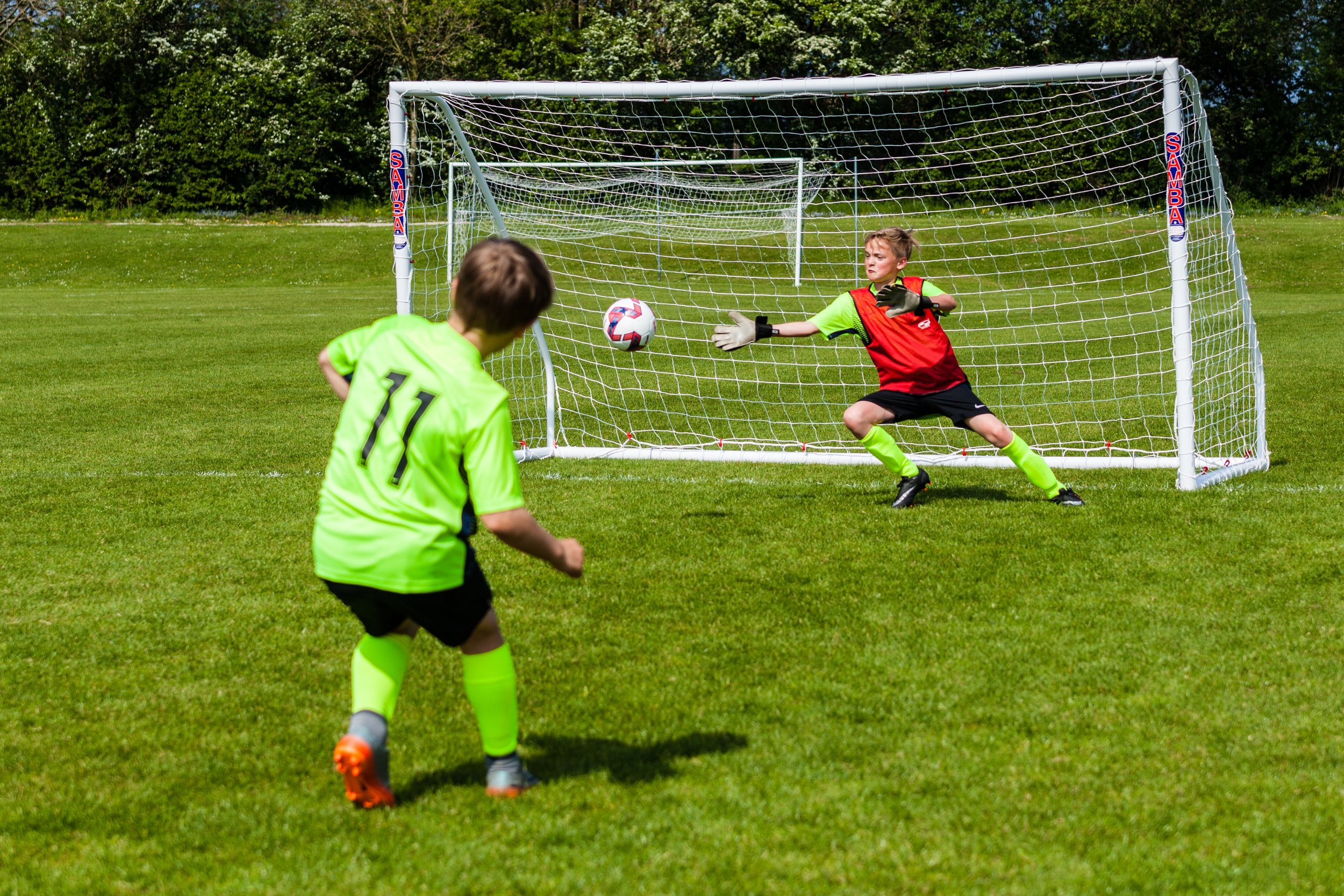Lessons youth soccer taught me about leadership
My first great lesson in leadership came many years ago during a Ted Lasso-esque experience while playing youth soccer in the seventh grade. That year I played on a team called “The Purple Pulverizers," and we had no business winning soccer games. Lacking any stars, the team was made up of an assortment of incredibly mediocre and even “bad” players — including yours truly — who lacked any inherent athletic ability.
But our leader, Coach March, wasn't focused on winning soccer games. Rather, he dedicated himself to helping each one of us misfits become the best soccer players we each individually and collectively could be. That year, I played on defense in the sweeper position. Being a tall, lanky (and awkward) adolescent, I was larger than most boys my age. While I became known for my ability to kick the ball further than most — at the beginning of the season I had little control over where the ball went.
Our first game was a total disaster. Going up against the White Sharks — a team which was stacked with the league’s star players — we might as well have been fed to real sharks. The White Shark’s coach had a fiery temper and regularly screamed at his players’ every mistake. Our opponents also played dirty — slide tackling and gloating after each goal scored against us. While I made a couple of descent saves, my lack of control led to too many balls going out-of-bounds. When the game ended in our utter defeat, Coach March didn’t berate us — but congratulated us for our hard work. He highlighted the examples of where we performed well — such as calling out one of my kicks that actually went where I wanted it to go. The next day, we went back to work learning from what went wrong.
And then something remarkable happened — we won our next game, and the one after that. Each player on our team learned and improved. My power kicks got increasingly more accurate. We became unstoppable — yet remained humble at Coach March’s direction. Victory dances after goals were not allowed, and we were expected to shake each opponent’s hand after matches. We won so many games that we qualified for the championship against the only team that had beaten us — the White Sharks.
By the championship game, us Pulverizers had become a unit. Individually, we remained those most likely to be picked last in gym class — but when we came together we were a force to be reckoned with. Meanwhile, the Sharks remained as disjointed and arrogant as ever.
The greatest of magic of that match came when some of the weakest players on the Pulverizers earned a moment of glory. I’ll never forget when Patrick, the least athletic player on our team, scored his first goal of the season. You would have thought we’d just won the World Cup with how we swarmed him in congratulatory furor. Even I had my moment — stopping the White Sharks’ star forward, and returning the ball with a power kick to the other side of the field, where one of our forwards was able to knock it in for a goal.
As the Pulverizer lead increased, so did the Sharks’ anger. They cursed at us, and tried to pick fights. But we kept our cool and kept playing as Coach March had taught us. When the game ended in a Pulverizer victory, we allowed ourselves to celebrate — but we still lined up to shake the hand of each White Shark who would let us. We won both the league championship and Good Sportsmanship Award. To this day, I keep these trophies as a reminder of how to lead and, well, live.
There are two ways to get ahead in life — first, as thinking of yourself as a star player who slide tackles your way to success; second, as thinking of yourself as only being the best version of yourself and working with others to be greater than the sum of your parts. While the first path might afford you much success, it isn’t sustainable. Personally, I’d rather lose with honor than win without it.
As a leader, by focusing on helping your team members to become the best versions of themselves, the winning will take care of itself. And you might also win the Good Sportsmanship Award in the process.


